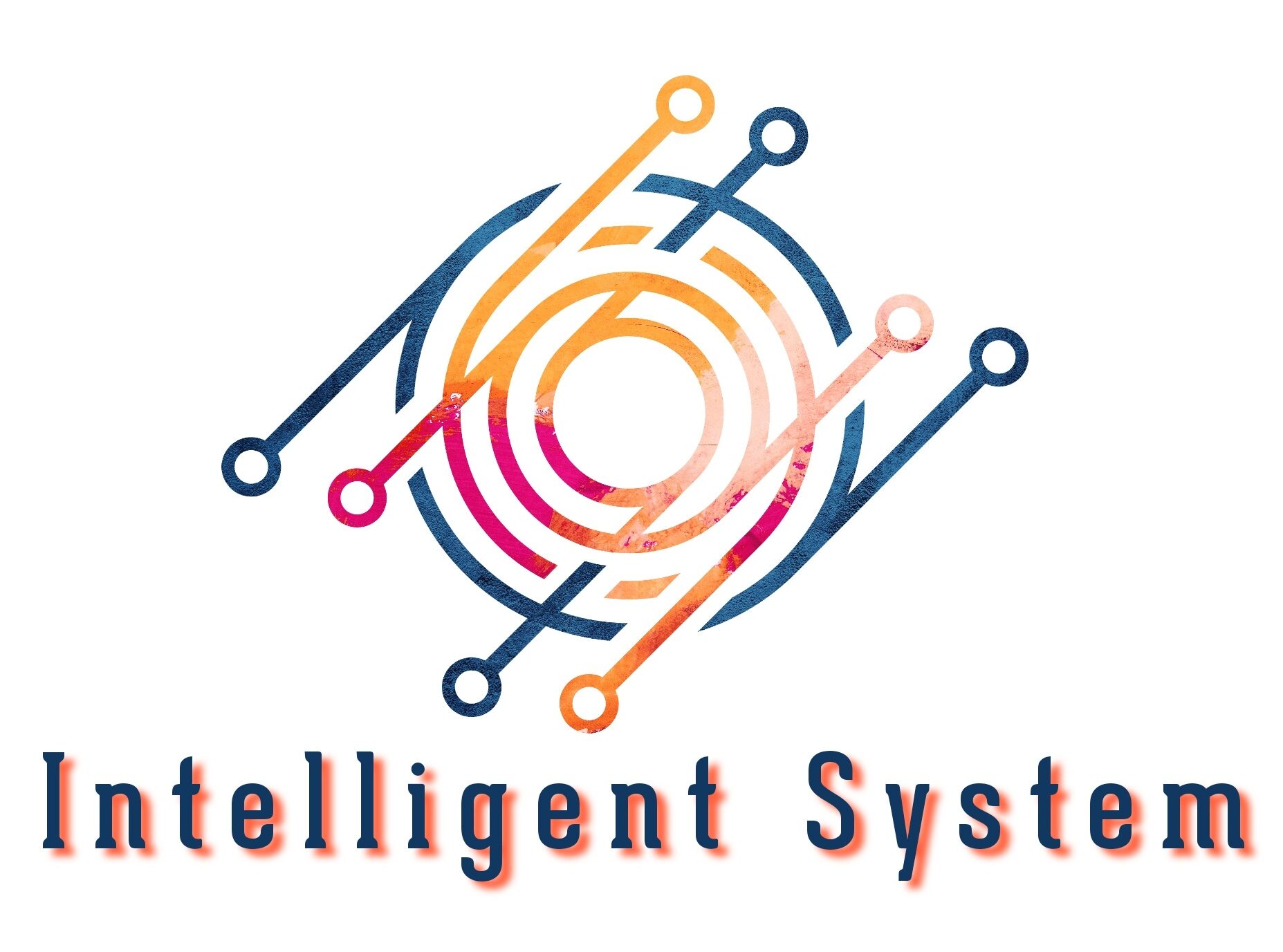You are invited to submit your papers to the conference. After peer review process, accepted papers will be published in the ICIS Conference Proceedings and presented papers will be submitted to Publication house after each paper is thoroughly reviewed and (if any) satisfactorily modified according to the reviewer comments. ICIS solicits original, high impact research papers on all topics related to the development and adoption of the intelligent system. Contributors are invited in the following tracks:
TRACK 1: Intelligent Data Analytics and Technologies
- Data visualization and Data pre-processing
- Data Engineering and database mining techniques
- Tools and applications
- Domain knowledge in data analysis
- Evolutionary algorithms
- Statistical pattern recognition
- Algorithm and simulation
- Parallel and distributed data analysis
- Big data analysis
- Multimedia analysis
- Complex data analysis
- Web information analysis
- Economic data analysis
- Biomedical data analysis and Medical informatics
TRACK 2: Intelligent Computing
- Intelligent Human-Machine Interaction
- Intelligent Hybrid Systems
- Intelligent Behaviour and Intelligent Control
- Intelligent Decision Making Systems
- Intelligent Information Processing
- Intelligent Measurement
- Intelligent Pattern Recognition
- Internet of Things
- Intuitionist Fuzzy Sets
- Quantum Computing
- Mobile Computing
- Cellular automata /cellular computing
- Biologically-inspired computing
- Collective intelligence in computing
TRACK 3: Intelligent Communication
- Intelligent wireless sensor networks
- Intelligent satellite communications
- Intelligent radar signal processing
- Machine learning algorithm & cognitive radio networks
- Machine learning and information processing in WSN
- Decentralized learning for wireless communication systems
- Intelligent communication
- Communication network structure
- Machine to machine communication networks
- Network applications and services
- Intelligent Wireless ad hoc and sensor networks
- Signal processing for communications
- Network management and traffic engineering
- Sensor network security and solutions
- Embedded networks and sensor network optimizations
TRACK 4: Intelligent Security Mechanism and Policies
- Intelligent Data security and Data privacy
- Intelligent Communication protocol security
- Security in new paradigms of intelligent data
- Cyber hacking, next generation fire wall of intelligent data
- Data sharing and information visualization for security informatics
- Digital forensics in intelligent data
- Intelligent Big data security, Database security
- Web-based intelligence monitoring and analysis
- Intelligent database and security
- Intelligent data mining in security, optimization, and cloud computing
- Cyber threat intelligence and implementations
- Spatial-temporal data analysis for crime analysis and security informatics
- Cloud-based intelligent data and security issues
- Tele-health security in intelligent data
- Cloud computing and networking models
- Heterogeneous architecture for cloud-based intelligent data
- Dynamic resource sharing algorithm for cloud-based intelligent data
- Load balance for cloud-based intelligent data
- Intelligent IoT-based Device security
TRACK 5: Robotics and Embedded Systems Technologies
- Intelligent Process and Industrial automation
- Intelligent automation
- Intelligent Automation in energy systems
- Smart Planning, scheduling and coordination
- Intelligent Instrumentation systems and applications
- Intelligent Modelling and identification
- Micro robots and micro-manipulation
- Intelligent Search, rescue and field robotics
- Intelligent Robot sensing and data fusion
- Localization, navigation and mapping
- Medical robots and bio-robotics
- Hardware/software co-design
- Reconfigurable hardware design
- Embedded software, Real-time operating systems
- Middleware and virtualization
- Hybrid systems-on-chip, and Programmable devices
- Embedded system reliability
- Embedded applications
TRACK 6: Real-Time Computing and Algorithms
- Real-time and embedded operating systems
- Middleware and runtime systems for real-time and embedded systems
- CPS and IoT infrastructure
- Hardware architectures for real-time/embedded systems
- Intelligent system-level optimization and co-design techniques
- Verification and validation methodologies
- Intelligent Real-Time Scheduling
- Intelligent workload models for real-time systems
- Temperature/Energy-aware Scheduling
- Scheduling over heterogeneous architectures
- Programming Languages and Run-Time Systems
- Communication Networks and Protocols of Real-Time Systems
- Time-Sensitive Media Processing and Transmissions
- Latency and throughput in Real-Time Databases

